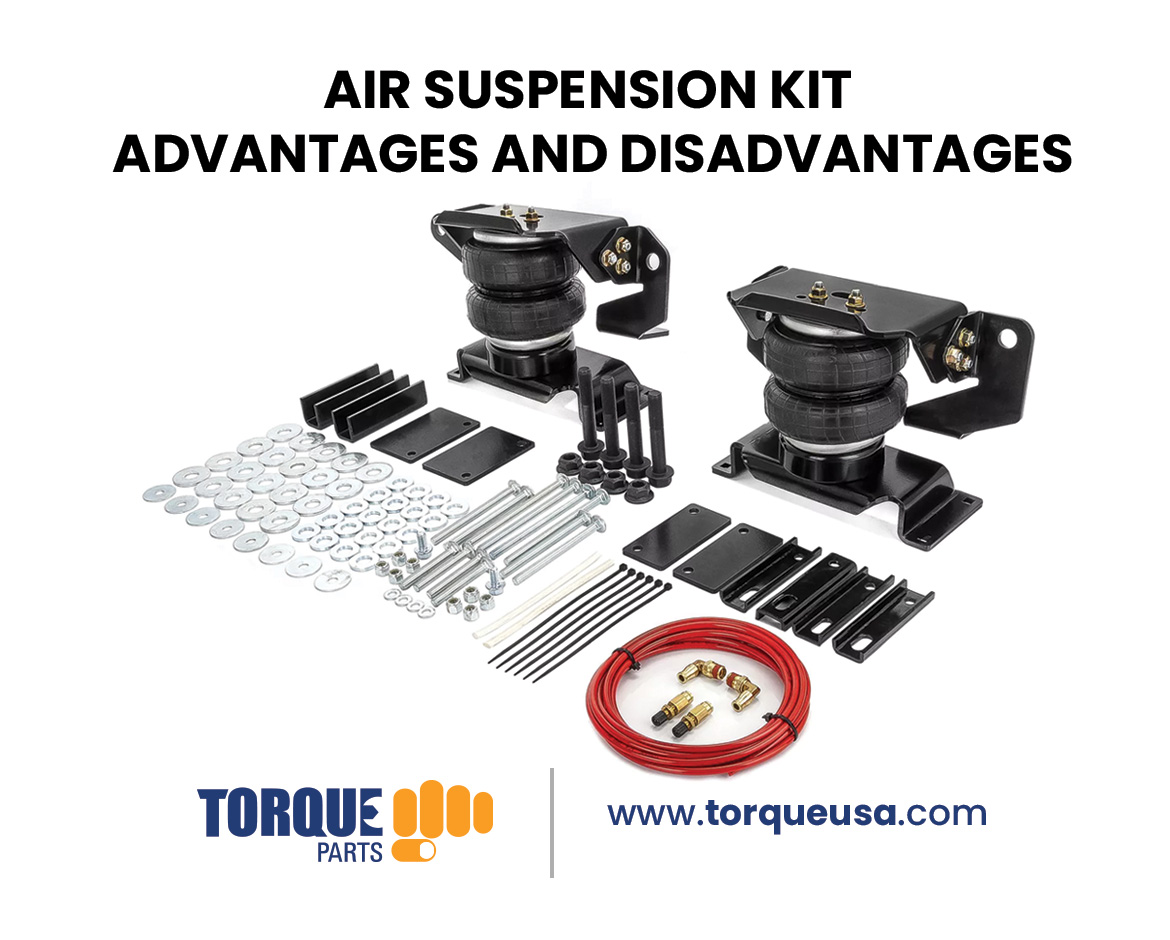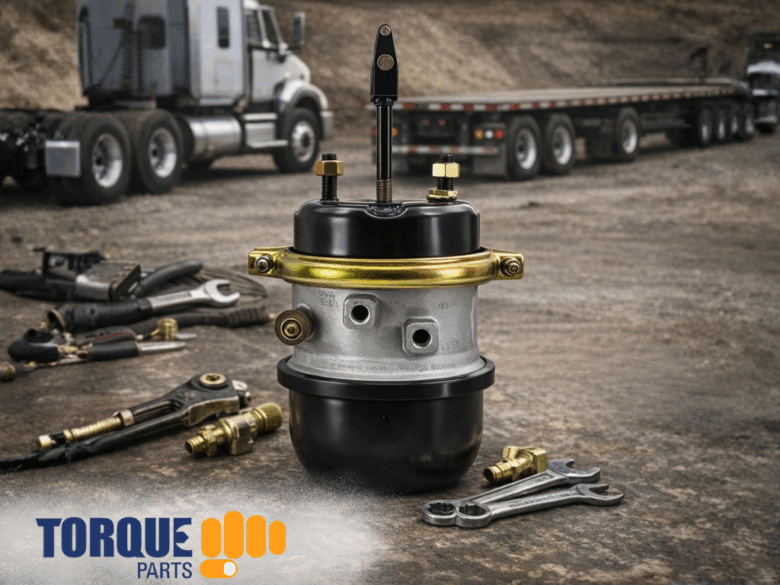Air Suspension Kit Advantages and Disadvantages
Air Suspension Kit Advantages and Disadvantages

Air Suspension Kit Advantages and Disadvantages
Air suspension kits have become increasingly popular among vehicle enthusiasts and everyday drivers alike. These kits replace traditional coil spring systems with air bags that can be adjusted to varying levels of firmness and height, providing a customizable ride experience. While the benefits of air suspension are numerous, there are also some drawbacks that potential users should consider. This article delves into the advantages and disadvantages of air suspension kits, helping you make an informed decision for your vehicle.
Advantages of Air Suspension Kits
Improved Ride Comfort
- One of the primary benefits of air suspension kits is the enhanced ride comfort they provide. Unlike traditional suspension systems, air suspension can be adjusted to suit different driving conditions and preferences. This means a smoother, more comfortable ride, particularly on rough or uneven roads.
Adjustable Ride Height
- Air suspension kits allow for easy adjustment of the vehicle’s ride height. This feature is particularly useful for drivers who frequently encounter varying road conditions. For instance, you can raise the vehicle for better ground clearance on rough terrain and lower it for improved aerodynamics and handling on smooth highways.
Better Handling and Stability
- By adjusting the air pressure in the suspension system, you can achieve better handling and stability. Lowering the vehicle’s center of gravity can significantly enhance cornering and reduce body roll. This is especially beneficial for performance enthusiasts looking to optimize their vehicle’s dynamics.
Load-Leveling Capabilities
- Air suspension kits are excellent for load-leveling. When carrying heavy loads, the system can adjust to maintain a level ride height, improving safety and comfort. This is particularly advantageous for trucks and SUVs that often transport heavy or unevenly distributed cargo.
Reduced Wear and Tear
- Since air suspension systems can adapt to various driving conditions, they tend to reduce the wear and tear on other components of the vehicle. By maintaining optimal ride height and comfort, these systems help in prolonging the lifespan of tires, brakes, and other suspension parts.
Disadvantages of Air Suspension Kits
Higher Initial Cost
- One of the most significant drawbacks of air suspension kits is their higher initial cost compared to traditional suspension systems. The technology and components required for an air suspension system are more complex and expensive, which can be a deterrent for budget-conscious consumers.
Maintenance and Repairs
- While air suspension systems can enhance ride quality, they are also more prone to mechanical issues. The components such as air bags, compressors, and electronic controls can fail over time, leading to potentially expensive repairs. Regular maintenance is essential to ensure the system functions correctly, which can add to the overall cost of ownership.
Complex Installation Process
- Installing an air suspension kit is more complex than installing traditional coil springs. It often requires specialized tools and expertise, meaning professional installation is typically necessary. This not only increases the initial cost but can also make it more difficult for DIY enthusiasts to manage.
Potential for Air Leaks
- Air suspension systems rely on compressed air to function. Over time, air lines, seals, and bags can develop leaks, leading to a loss of suspension performance. Detecting and repairing these leaks can be challenging and time-consuming.
Reliability Concerns in Extreme Conditions
- In extreme weather conditions, air suspension systems can sometimes be less reliable than their traditional counterparts. Very cold temperatures can affect the air compressor and other components, potentially leading to system failures. This can be a significant concern for drivers in regions with harsh winters.
Air suspension kits offer a range of benefits, from improved ride comfort and adjustable ride height to better handling and load-leveling capabilities. However, these advantages come with higher initial costs, increased maintenance requirements, and potential reliability issues. When considering an air suspension kit for your vehicle, it’s essential to weigh these factors carefully. Understanding both the benefits and drawbacks will help you make an informed decision that aligns with your driving needs and budget. Whether you’re a performance enthusiast seeking better handling or a daily driver looking for enhanced comfort, an air suspension kit can be a valuable addition to your vehicle, provided you’re prepared for the associated costs and maintenance.
For detailed information, you can contact us at: Air suspension kits


